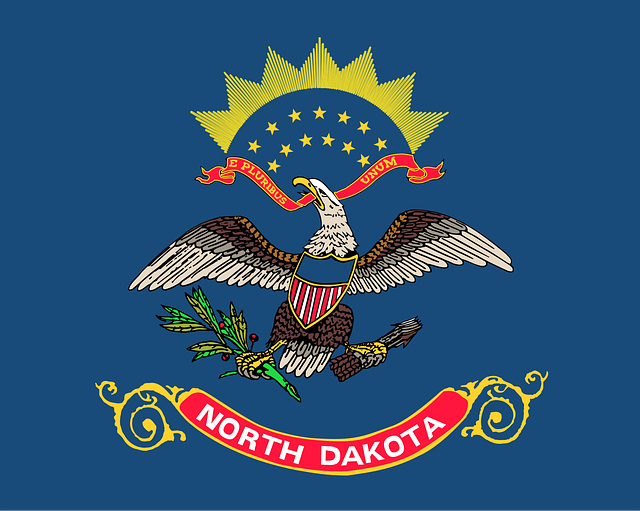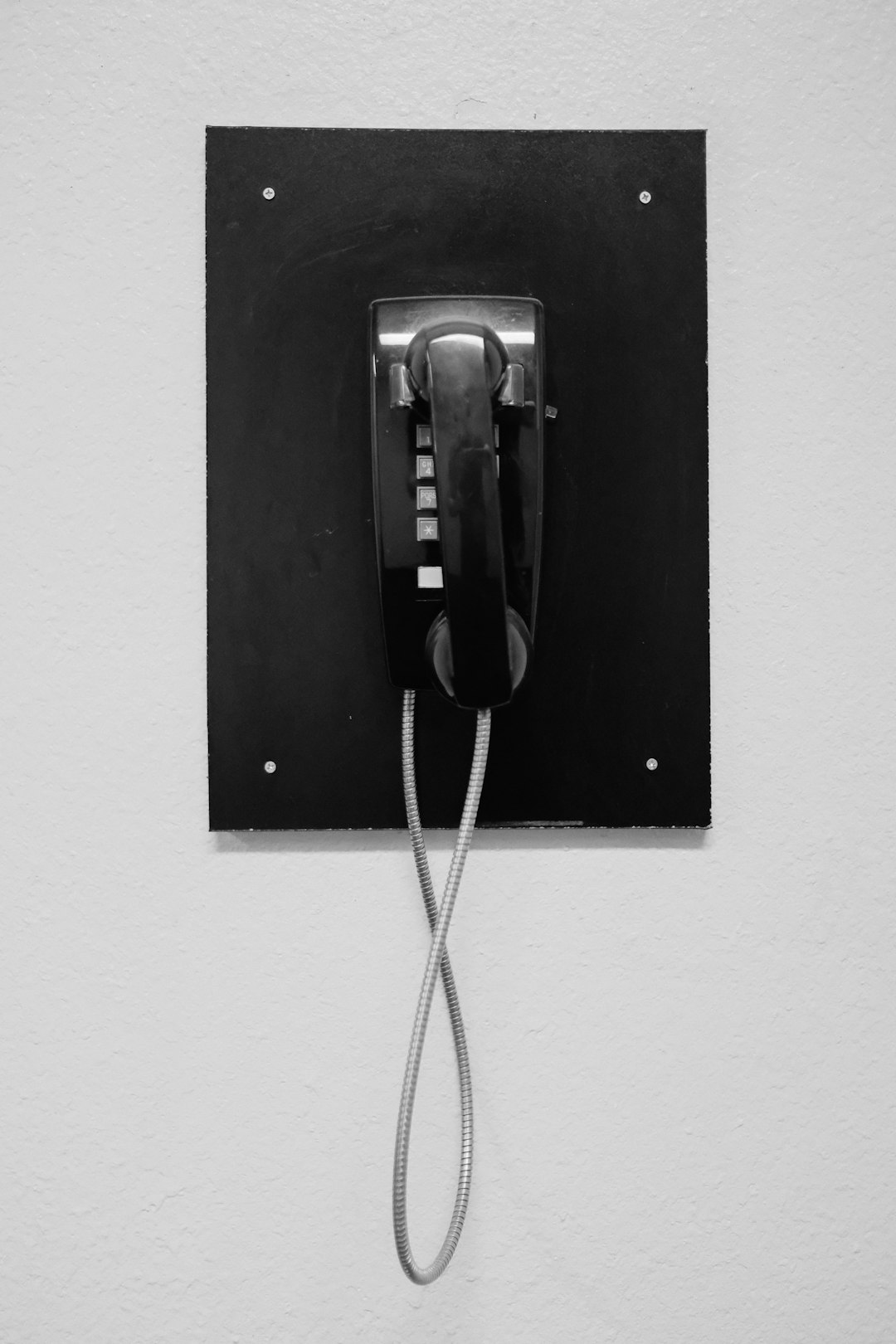Debt collector laws ND are crucial for professionals to navigate fairly and ethically within the state's regulations, protecting debtors and creditors through specific communication, frequency, and information rules. License renewal every two years requires 12 hours of approved continuing education, focusing on collection methods, consumer rights, fair practices, and state-specific debt collection laws, ensuring professionals stay compliant and maintain industry integrity.
In the ever-evolving landscape of debt collection, understanding local regulations is paramount. This article guides North Dakota debt collectors through the intricacies of state laws governing their practice. We delve into the continuing education requirements for licenses, focusing on course topics approved by the state and provider accreditation. Additionally, we outline renewal dates and procedures, ensuring professionals stay compliant in this complex environment. By navigating these requirements, debt collectors can maintain legal standing and effective collection practices within North Dakota’s regulatory framework.
Understanding North Dakota's Debt Collection Laws

Understanding North Dakota’s Debt Collection Laws is crucial for any debt collector operating within the state. The ND debt collector laws are designed to protect both debtors and creditors, ensuring fair practices in the collection process. These regulations govern various aspects, including the methods of communication, the frequency of contact, and the disclosure of information during the debt collection process.
Debt collectors in North Dakota must adhere to strict guidelines, such as respecting a debtor’s privacy, providing proper notice, and avoiding abusive or harassment-like tactics. They are prohibited from making false statements, using deceptive means, or employing unfair practices when attempting to collect debts. Compliance with these ND debt collector laws not only ensures legal adherence but also fosters trust and transparency between collectors and debtors.
Continuing Education Requirements for Licenses

In North Dakota, debt collectors must adhere to strict continuing education requirements in order to maintain their licenses. According to the state’s debt collector laws, professionals in this field are mandated to complete 12 hours of approved continuing education every two years. This ensures that they stay updated with industry standards, legal changes, and ethical practices.
The continuing education courses should cover a range of topics, including collection methods, consumer rights, fair debt collection practices, and state-specific regulations. These requirements are designed to foster responsible debt collection, protect consumers, and maintain the integrity of the industry in North Dakota.
Course Topics and Providers Approved by ND

Debt collector continuing education in North Dakota covers a range of essential topics designed to keep professionals up-to-date with the latest industry standards and legal requirements. Courses must be approved by the state to ensure they meet the rigorous standards set forth by the ND debt collector laws. Common subjects include ethical practices, fair debt collection procedures, consumer protection regulations, and updated legal precedents. These courses equip collectors with the knowledge needed to navigate the complex landscape of debt recovery while upholding the integrity of their profession.
Providers approved by North Dakota typically offer both in-person and online formats, allowing for flexibility in scheduling. Many programs are designed to be interactive and engaging, incorporating case studies and role-play scenarios to enhance learning. Participants can expect to gain practical insights into managing client relationships, resolving disputes, and ensuring compliance with ND debt collector laws. The state’s approval ensures that these educational opportunities align perfectly with the evolving needs of the debt collection industry.
Renewal Dates and Procedures for Debt Collectors

In North Dakota, debt collectors must renew their licenses every two years to remain compliant with state regulations. The renewal process involves submitting an application form, along with proof of completion of at least 12 hours of continuing education courses related to collection practices and laws. These courses can be taken through approved providers, such as online platforms or live seminars, ensuring debt collectors stay updated on the latest industry standards and legal requirements.
The specific procedures for renewal include paying a renewal fee and submitting all necessary documentation. Debt collectors should keep track of their license expiration dates to avoid any disruptions in their operations. It’s crucial to adhere to these renewal requirements as they are designed to maintain high standards in debt collection practices, protecting both consumers and the industry from unethical or illegal activities.






